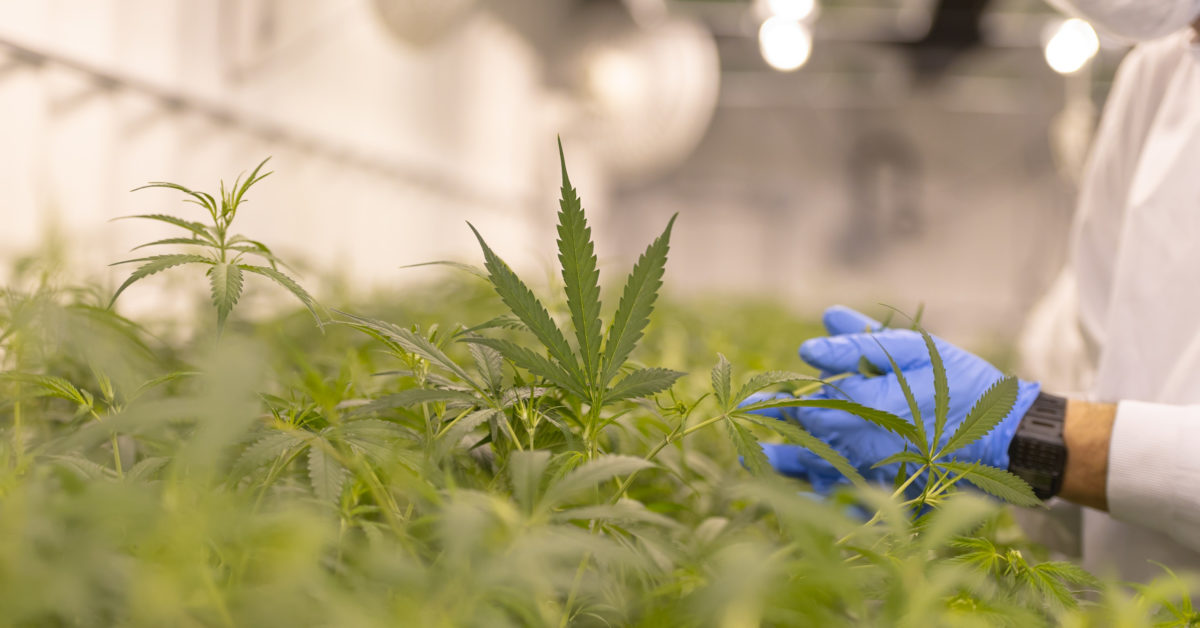A recent study in which rats could self-administer cannabis vapor may provide a useful research model for humans.
With the legalization of marijuana in some countries and regions within the United States, investigations into its short- and long term-effects on humans have taken on a greater urgency.
Although it has proven difficult to construct animal studies that produce behavioral data applicable to humans, a study from Washington State University’s (WSU) Integrative Physiology and Neuroscience unit in Pullman purports to have done exactly that.
The recent study found that rats exposed to cannabis vapor respond in much the same way as humans who smoke marijuana do.
Ryan J. McLaughlin, a professor in WSU’s Integrative Physiology and Neuroscience unit, is the study’s senior author. The paper now appears in the Journal of Neuroscience.
“It’s always difficult to establish reliable cannabis-seeking behavior using animal models. In this study, we have a clear and reliable response for cannabis by utilizing the very first self-administration model involving on-demand delivery of whole-plant cannabis vapor.”
— Prof. Ryan J. McLaughlin
The research required the construction of a habitat that allowed rats to self-administer cannabis. The plexiglass test chambers that Prof. McLaughlin and colleagues developed provided stimuli and rewards comparable with those found in the environment of a typical human user of cannabis.
Each chamber was equipped with two spigots, each of which would activate when a male Sprague Dawley rat inserted its nose into the nose-poke port. One spigot released a 3 second puff of air, while the other released a similar puff of

